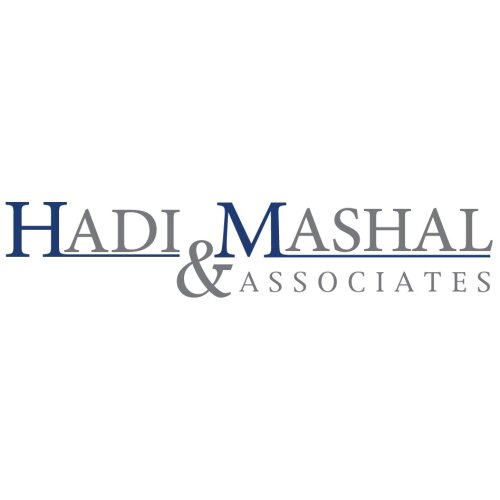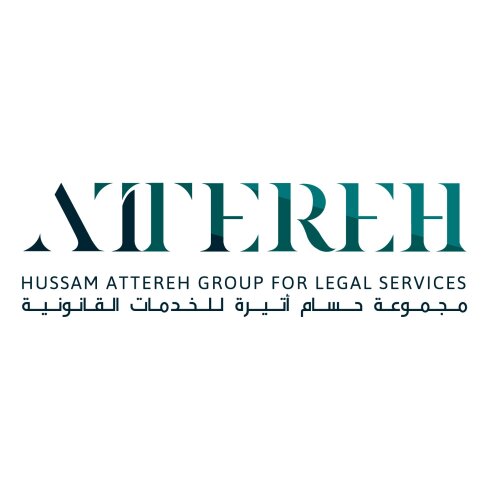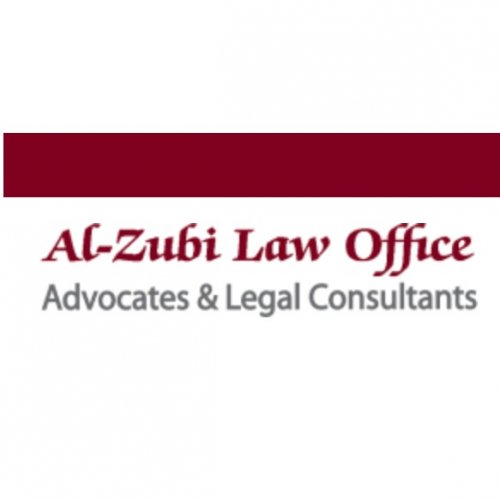Best Communications & Media Law Lawyers in Palestine
Share your needs with us, get contacted by law firms.
Free. Takes 2 min.
Or refine your search by selecting a city:
List of the best lawyers in Palestine
About Communications & Media Law in Palestine
Communications & Media Law in Palestine encompasses regulations and legal practices related to broadcasting, telecommunications, print media, and digital platforms. These laws aim to balance freedom of expression with the protection of privacy, intellectual property rights, and national security. Given the dynamic landscape of media and communication technologies, these laws continue to evolve, reflecting both regional and global trends.
Why You May Need a Lawyer
Individuals and organizations may require legal assistance in Communications & Media Law for various reasons. Some common situations include:
- Disputes over intellectual property rights, like copyright or trademark infringement.
- Issues surrounding defamation or slander in media reporting.
- Compliance with broadcasting regulations and obtaining necessary licenses.
- Protection of personal data and privacy online.
- Negotiating contracts and agreements within the media industry.
- Navigating censorship or content moderation disputes.
Local Laws Overview
Key aspects of Communications & Media Law in Palestine include:
- Broadcasting Regulations: Governed by the Ministry of Telecommunications and Information Technology, broadcasters must adhere to licensing processes and content guidelines.
- Freedom of Information: Laws exist to ensure public access to information while balancing state security and individual privacy.
- Intellectual Property Rights: Palestine is governed by laws that protect artistic and literary works, trademarks, and patents.
- Data Protection: Efforts are ongoing to align local data protection laws with international standards, enhancing individual privacy rights.
- Censorship and Content Regulation: There are legal constraints on speech and media that may incite violence or disrupt public order, though these can sometimes clash with freedom of expression.
Frequently Asked Questions
What is the role of the Ministry of Telecommunications and Information Technology in Palestine?
The Ministry oversees the regulation of telecommunications and broadcasting services, ensuring compliance with national standards and policies.
How can I protect my intellectual property rights in Palestine?
Register your works with the appropriate governmental body and seek legal advice for enforcement and protection of your rights against infringement.
What are the requirements for obtaining a broadcasting license in Palestine?
Broadcasters must submit a formal application detailing their proposed services, comply with technical and content guidelines, and pay any associated fees.
How can I address defamation in the media in Palestine?
If you believe you have been defamed, consult a lawyer to explore legal actions, which may include seeking retractions or pursuing defamation lawsuits.
What are the privacy laws regarding online data in Palestine?
Palestine is working towards comprehensive data protection regulations, but it's important to adhere to current laws regarding consent and data handling practices.
Can I access government-held information in Palestine?
The right to access public information is recognized, but there are restrictions related to national security and privacy concerns.
What are the legal implications of censorship in Palestinian media?
Laws impose constraints on content that could incite violence or disturb public order, and legal challenges can arise when such measures clash with freedom of expression.
How do I ensure compliance with Palestinian media laws?
Regularly consult with legal experts to stay abreast of current laws and ensure that your content complies with national regulations.
Can foreign media operate freely in Palestine?
Foreign media can operate in Palestine but must comply with local laws, including obtaining necessary permits and adhering to content restrictions.
What legal steps should I take if my online content is removed or censored?
Seek legal counsel to understand your rights and the reasons for content removal. You may be able to appeal or seek reconsideration of such actions.
Additional Resources
For further assistance and information, consider reaching out to:
- The Ministry of Telecommunications and Information Technology for regulations and licensing information.
- Legal aid organizations in Palestine that can offer guidance and representation.
- The Palestinian Journalists Syndicate, which can provide support and advice on media-related issues.
- Academic publications and local research centers focusing on Communications & Media Law in Palestine.
Next Steps
If you need legal assistance in Communications & Media Law:
- Identify the specific legal issue you are facing.
- Gather all relevant documentation and evidence related to your case.
- Consult with a lawyer specializing in Communications & Media Law who can provide tailored advice and representation.
- Consider engaging with local advocacy and advisory organizations for additional support.
- Stay informed about any changes in local regulations that may affect your situation.
Lawzana helps you find the best lawyers and law firms in Palestine through a curated and pre-screened list of qualified legal professionals. Our platform offers rankings and detailed profiles of attorneys and law firms, allowing you to compare based on practice areas, including Communications & Media Law, experience, and client feedback.
Each profile includes a description of the firm's areas of practice, client reviews, team members and partners, year of establishment, spoken languages, office locations, contact information, social media presence, and any published articles or resources. Most firms on our platform speak English and are experienced in both local and international legal matters.
Get a quote from top-rated law firms in Palestine — quickly, securely, and without unnecessary hassle.
Disclaimer:
The information provided on this page is for general informational purposes only and does not constitute legal advice. While we strive to ensure the accuracy and relevance of the content, legal information may change over time, and interpretations of the law can vary. You should always consult with a qualified legal professional for advice specific to your situation.
We disclaim all liability for actions taken or not taken based on the content of this page. If you believe any information is incorrect or outdated, please contact us, and we will review and update it where appropriate.
Browse communications & media law law firms by city in Palestine
Refine your search by selecting a city.











